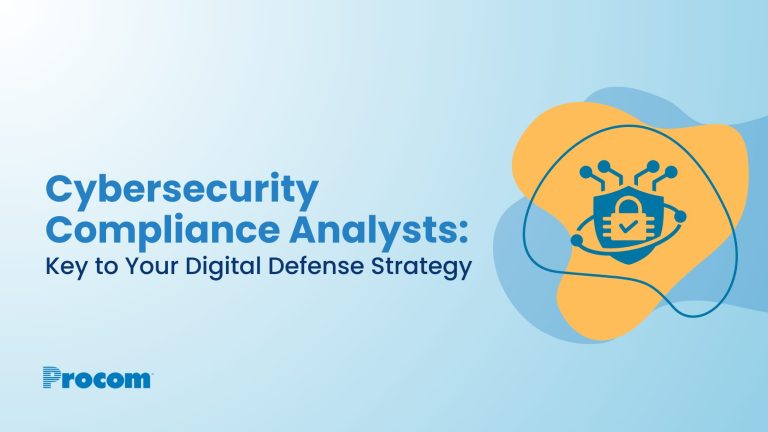Independent Contractor Payroll refers to the tasks an organization must execute to ensure Independent Contractors are paid correctly and on time in accordance with their contract or Statement of Work (SOW).
Independent Contractors are not employees; therefore, employers are not responsible for the withholding, collecting or paying of the Independent Contractor’s taxes nor any other payments.
Amid today’s ever-evolving work world and economic climate, more and more organizations are turning to remote and ready contingent workers, or Independent Contractors, in order to quickly and efficiently reach their corporate goals.
Different worker types require different employer responsibilities
Yet, while engaging Independent Contractors comes with many benefits, operating an Independent Contractor Payroll program is often complex and confusing to both enterprise-level organizations and small business owners.
If you’re an employer who is operating, or is thinking of operating, a blended workforce powered by both traditional employees and Independent Contractors, it’s important to be aware of the legal and tax obligations you have to your workers when it comes to payroll.
Independent Contractor Payroll: Here’s what you need to know
When determining whether a worker is a traditional employee or an Independent Contractor, the Internal Revenue Service (IRS) has mandated that employers must prove the type of business relationship that exists. This determination will have an impact on your U.S. payroll programs and workforce.
Identification
Engaging Independent Contractors also brings risks associated with unintended co-employment and relationship misclassification. The determination of whether a worker is an employee or an Independent Contractor depends upon whether or not a “employer-employee” relationship exists between the payer and the payee. Two keys factors involved in making this determination are the amount of control and independence in the relationship.
Specifically, an Independent Contractor is self-employed, while an employee works for the organization.
If you’re a small business owner or operate an enterprise-level organization and don’t properly mitigate these risks, penalties come with a range of financial, brand, legal and tax penalties — and keeping up with compliance is essential to avoiding hefty fines, back payments to workers and damages to your employer brand.
How to Determine Whether Your Employees Are 1099 Independent Contractors vs. W2 Employees
As mentioned above, the determination of whether a worker is an employee or an Independent Contractor depends upon whether or not a “employer-employee” relationship exists between the payer and the payee.
The ABC test is a guide for employers to use in the determination of if a worker is considered an Independent Contractor or an employee in the eyes of the government. Several states require the use of the ABC test—in part or in whole—to determine the status of workers.
Operating your business in Canada? Here is how the Canada Revenue Agency determines whether a worker is an employee or an Independent Contractor.
Employee payroll programs vs. Independent Contractor payroll programs: What’s the difference?
Independent contractors are not on staff and receive pay only in accordance with the terms of their contract or Statement of Work (SOW). They are self-employed, and as such, are responsible for reporting income on a 1099 tax return. Independent Contractors are not entitled to benefits afforded traditional employees like paid vacation, holiday or sick days, overtime pay or termination pay.
A W2 employee is a traditional employee on staff. They receive a regular wage and employee benefits. The employer withholds income taxes from the W2 employee’s paycheck and has a significant degree of control over the employee’s work.
Operating your business in Canada? Here is information about the T4 form employers must provide their full-time employees in Canada. Here is information on the T4A form Independent Contractors must fill out in Canada.
Payroll taxes: Employer obligations to employees and Independent Contractors
For traditional employee payroll programs, employers are responsible for withholding Medicare tax, Social Security tax, federal income tax and applicable state and local taxes from employees. This process is done through payroll. Organizations must also pay all employees’ withholding to the respective taxation agency.
However, depending on the method in which the contingent worker is engaged to perform the work – whether directly sourced through an organization itself or by way of a third party, there exists separate obligations to workers when it comes to how to pay them. There also exists many misconceptions about contractor payroll, when organizations are considering the different programs!
Tax forms for employees and Independent Contractors
For employee payroll, employers are required to give traditional employees a Form W-4 to complete in order to determine the amount of federal income tax to withhold from payroll. Organizations must make sure to provide these forms to employees no later than the end of January each year in order to file their tax return with the IRS and applicable Agency. Employers are also required to file the W-2 with the Social Security Administration.
For Independent Contractor Payroll, employers are required to provide contingent workers with a Form W-9 to complete. Independent Contractors must include his or her name and taxpayer identification number on the form.
As of 2011, if an employer has paid an Independent Contractor more than $600.00 for services during the year, the employer must make sure to complete and provide the Independent Contractor Form 1099-MISC by January 31 and file the payroll taxes form with the IRS.
The role of a trusted Independent Contractor payroll vendor
Many organizations choose to outsource their employer responsibilities like contractor payroll to a trusted vendor who will manage workers’ payroll as well as provide support during the length of a worker’s assignment(s).
Further to handling payroll, the client partner will also identify and implement internal measures to protect organization from serious risks associated with a contingent workforce like severe fines, penalties and negative employer branding.
However, it’s common for many organizations to think it’s better to let their own HR and accounting departments handle Independent Contractor payroll. After all, they do so for traditional employees, right? Payroll stats disagree, stating companies that outsource payroll save 18 per cent on costs over organizations that tackle it themselves.
Outsourcing Independent Contractor payroll not only gains access to the types of technologies and expertise that reduces overall cost and risks associated with operating a contingent workforce and payroll programs, it also frees up time for employers to focus on their organization’s core business objectives.
RFP Checklist for pre-identified contractor payroll vendor selection
Are you getting the most out of your contractor payroll program? Every organization’s needs are different, but there are several crucial elements to keep in mind when evaluating a contractor payroll program. These include:
- Infrastructure and expertise
- Worker management
- Onboarding
- Rate management
However, there are other, less obvious criteria that still make a big difference in cost, compliance and satisfaction.
If you’re evaluating a new contractor payroll provider or would like a tool for assessing whether you’re getting the most out of your current program, download your detailed RFP Checklist for pre-identified payroll vendor selection below:





